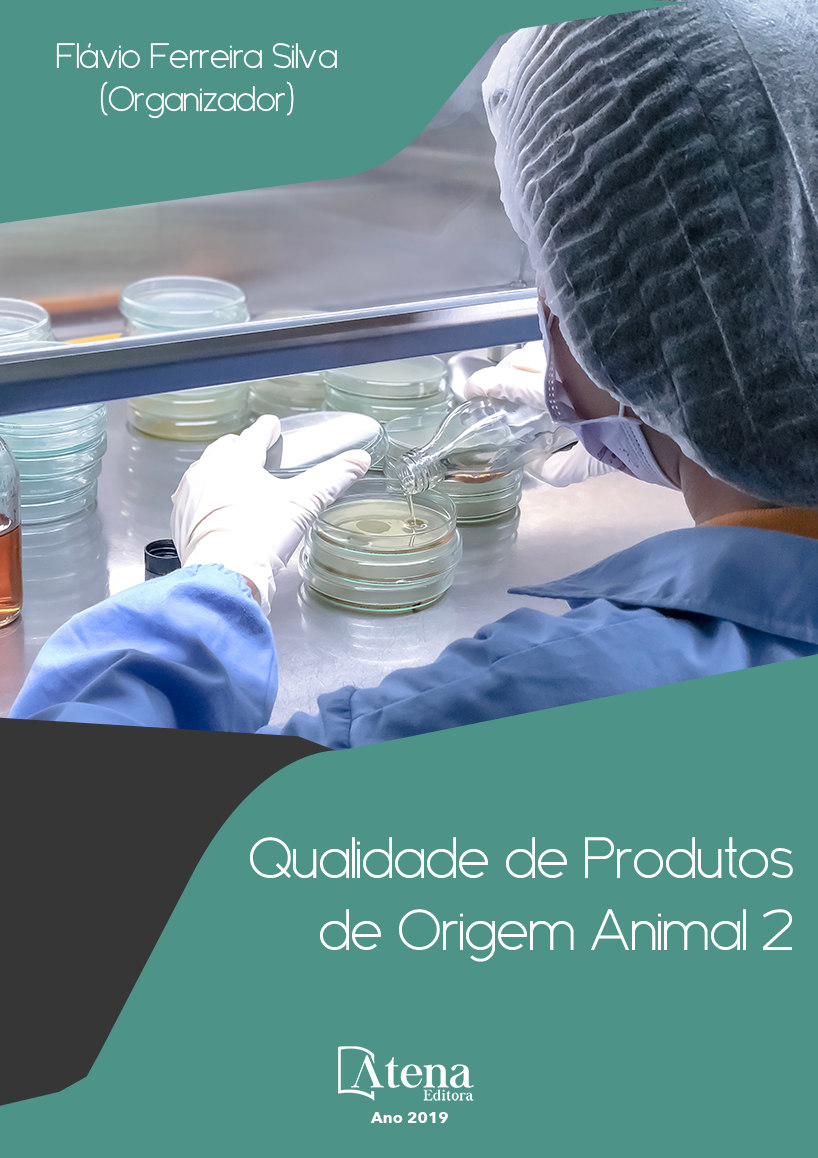
CARACTERIZAÇÃO FÍSICO-QUÍMICA, ANTIOXIDANTE E DE AMINOÁCIDOS DA CASTANHA DO BARU, CASTANHA DE CAJU E CASTANHA-DO-BRASIL
O Brasil é considerado o país com
maior biodiversidade do mundo, com diferentes
espécies nos biomas da Amazônia, Mata Atlântica
e Cerrado, onde são encontradas plantas
frutiferas nativas, que possuem características
nutricionais importantes. Para uma alimentação
saúdavel, considera-se importante além da
ingestão de nutrientes para o ideal funcionamento
do organismo, também a ingestão de compostos
antioxidantes, que segundo estudos auxiliam
na prevenção de doenças crônicas. O presente
projeto teve como objetivo analisar e comparar
a capacidade antioxidante, composição
centesimal, e características fisico-químicas
das castanhas tradicionalmente consumidas
no Brasil, castanhas de caju e castanhado-brasil, com a castanha do baru, fruto da
região do Cerrado. Com os resultados, podese observar diferença significativa para a
análise de umidade, onde as castanhas de
baru e caju apresentaram os maiores valores,
5,45±0,38% e 5,77±0,46% respectivamente.
Para lipídios houve diferença significativa entre
as três amostras, 70,80±1,65% para castanhado-brasil, 49,93±2,93% para castanha de
caju e 35,63±1,53% para a castanha do baru.
Com relação a proteínas, o baru apresentou
14,57±1,70%. Foi realizado o aminograma
a fim de caracterizar o perfil aminoacídico de
cada castanha. A capacidade antioxidante
equivalente a TROLOX (µmol/g da amostra) foi
1,718±0,10, 0,553±0,05, 0,502±0,05, para caju,
castanha-do-brasil e baru respectivamente,
sendo a castanha de baru uma ótima opção a
ser inserida na dieta de indivíduos saudáveis.
CARACTERIZAÇÃO FÍSICO-QUÍMICA, ANTIOXIDANTE E DE AMINOÁCIDOS DA CASTANHA DO BARU, CASTANHA DE CAJU E CASTANHA-DO-BRASIL
-
DOI: 10.22533/at.ed.6661912112
-
Palavras-chave: saúde; nutrientes; antioxidante.
-
Keywords: health; nutrients; antioxidant.
-
Abstract:
Brazil is considered the most biodiverse country in the world, with
different species in the Amazon, Atlantic Forest and Cerrado biomes, where native
fruit plants are found that have important nutritional characteristics. For a healthy diet,
it is considered important in addition to nutrient intake for optimal functioning of the
body, also the intake of antioxidant compounds, which according to studies help in the
prevention of chronic diseases. The present project aimed to analyze and compare the
antioxidant capacity, centesimal composition, and physicochemical characteristics of
the traditionally consumed Brazil nuts, cashews and Brazil nuts, with the baru nuts, fruit
of the Cerrado region. With the results, a significant difference can be observed for the
moisture analysis, where the baru and cashew nuts presented the highest values, 5.45
± 0.38% and 5.77 ± 0.46% respectively. For lipids there was a significant difference
between the three samples, 70.80 ± 1.65% for Brazil nuts, 49.93 ± 2.93% for cashews
and 35.63 ± 1.53% for baru nuts. Regarding proteins, baru presented 14.57 ± 1.70%.
The aminogram was performed to characterize the amino acid profile of each nut. The
antioxidant capacity equivalent to TROLOX (µmol / g of the sample) was 1.718 ± 0.10,
0.553 ± 0.05, 0.502 ± 0.05 for cashew, Brazil nuts and baru respectively, with baru nuts
being a great option to be inserted into the diet of healthy individuals
-
Número de páginas: 15
- Luana Poiares Barboza
- Maelen Toral Pereira
- Mariana Manfroi Fuzinatto
- Katieli Martins Todisco
- Priscila Neder Morato


